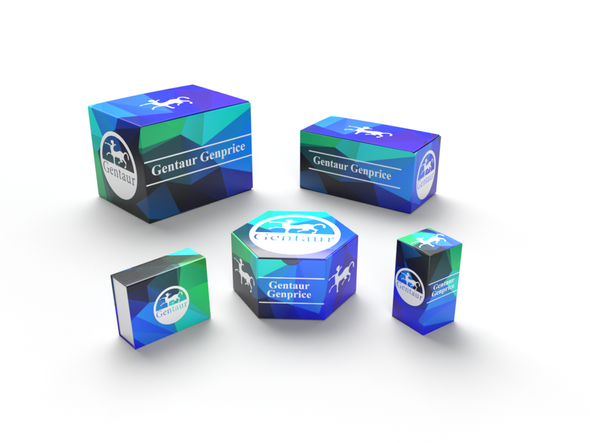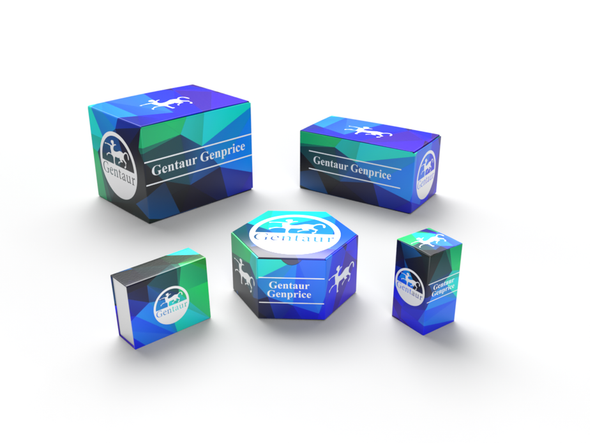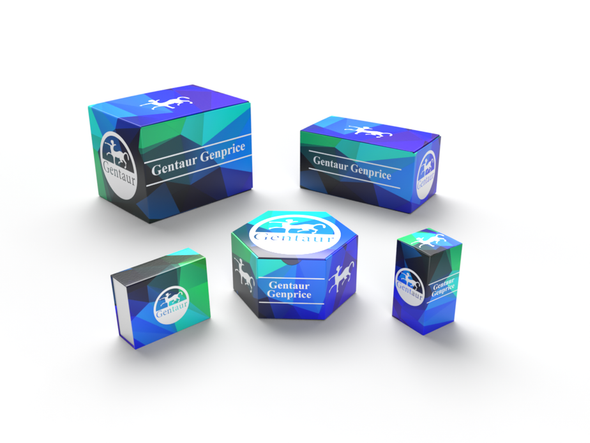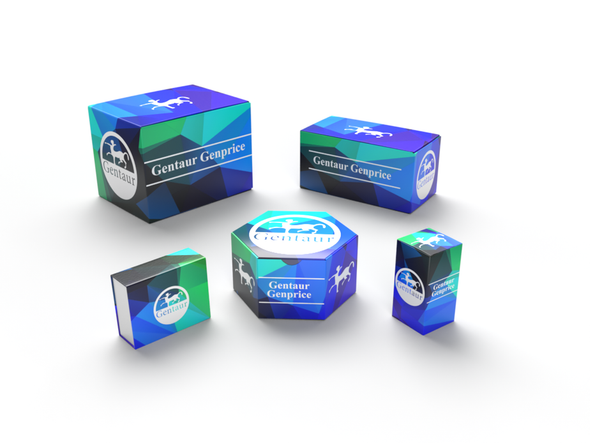Description
Rabbit Anti-Human EGF Antibody | 102-PA10S/102-PA10 | Gentaur UK, US & Europe Distribution
Species: Anti-Human
Host / biotech: Rabbit
Comment: N/A
Label: N/A
Clone / Antibody feature: Rabbit IgG
Subcategory: Polyclonal Antibody
Category: Antibody
Synonyms: Epidermal growth factor; EGF; URG; HOMG4; Urogastrone;
Isotype: N/A
Application: WB
Detection Range: N/A
Species Reactivity/Cross reactivity: Human
Antigen: Recombinant Human EGF
Description: Epidermal growth factor (EGF) is the founding member of the EGF family that also includes TGFα, amphiregulin (AR), betacellulin (BTC), epiregulin (EPR), heparin-binding EGF-like growth factor (HB-EGF), epigen, and the neuregulins (NRG)1 through 6. Members of the EGF family share a structural motif, the EGF-like domain, which is characterized by three intramolecular disulfide bonds that are formed by six similarly spaced conserved cysteine residues. All EGF family members are synthesized as type I transmembrane precursor proteins that may contain several EGF domains in the extracellular region. The mature proteins are released from the cell surface by regulated proteolysis. The 1207 amino acid (aa) human EGF precursor contains nine EGF domains and nine LDLR class B repeats. The mature protein consists of 53 aa and is generated by proteolytic excision of the EGF domain proximal to the transmembrane region. Mature human EGF shares 70% aa sequence identity with mature mouse and rat EGF. EGF is present in various body fluids, including blood, milk, urine, saliva, seminal fluid, pancreatic juice, cerebrospinal fluid, and amniotic fluid. Four ErbB (HER) family receptor tyrosine kinases including EGFR/ErbB1, ErbB2, ErbB3 and ErbB4, mediate responses to EGF family members.
Purity Confirmation: N/A
Endotoxin: N/A
Formulation: lyophilized from PBS
Storage Handling Stability: The lyophilized antibody is stable for at least 2 years at -20°C. After sterile reconstitution the antibody is stable at 2-8°C for up to 6 months. Frozen aliquots are stable for at least 6 months when stored at -20°C. Addition of a carrier protein or 50% glycerol is recommended for frozen aliquots.
Reconstituation: Centrifuge vial prior to opening. Reconstitute in sterile water to a concentration of 0.1-1.0 mg/ml.
Molecular Weight: N/A
Lenght (aa): N/A
Protein Sequence: N/A
NCBI Gene ID: 1950






